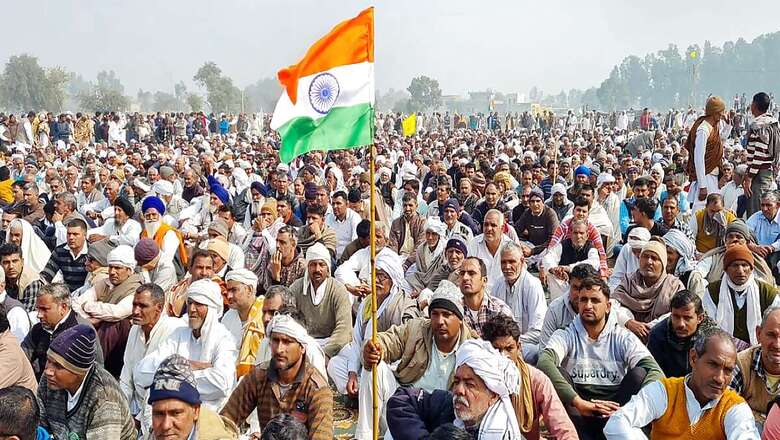
views
In the past month or so, high courts in many states of India as well as the Supreme Court of India have practically usurped the role of the executive in handling the severe Covid-19 crisis which plagued India. Ranging from oxygen inventory management to vaccine supply to distribution of foodgrains, courts have been issuing orders to the governments on matters which do not entail an actual legal dispute.
While many of these decisions emanate from public interest litigations filed by an individual or an organization, some of these orders are suo motu, i.e., courts have taken up such matters on their own without any party filing a petition.
This author has previously argued against the usurpation by the judiciary of the role accorded to a body elected to serve the will of the people. The late Arun Jaitley describes it the best – it is the tyranny of the unelected which, of late, is often accompanied by the tyranny of the suo motu.
And there is good reason for the separation of powers principle to operate in democracies. The elected government’s role is to execute policies and laws and have freedom while doing so, because it has to face the voters every five years. The judiciary on the other hand, an unelected body, has the task of interpreting those laws as well as India’s foundational document, i.e., the Constitution, so that a majority government does not run amok.
But for this system of checks and balances to be robust and effective, there has to be a dutiful observance of separation of powers. Despite this, courts have doubled down on micromanaging many aspects of the response of the governments to the Covid-19 challenge. Some courts also made gratuitous remarks on the decision of governments to allow events such as the Kumbh Mela and Char Dham to go on.
Having said that, let’s give a little leeway to the courts. Undoubtedly, individuals and entities are all concerned about preventing the deleterious effects of this ongoing Covid-19 wave. Therefore, let’s start with the basic premise that the court’s interference and usurpation is from a good place.
Why, then, are courts not addressing the mass congregations by farm law protestors along the border of the nation’s capital – one of the cities most affected in this ongoing crisis? Why are the judges not showing the same alacrity in criticizing these publicized protests supported by many political parties?
Prominent opposition politicians such as Sonia Gandhi, Sharad Pawar, Mamata Banerjee, Uddhav Thackeray, Akhilesh Yadav and Sitaram Yechury have extended their support to the call given by the leading protestor group, Samyukta Kisan Morcha, which intends to stage a countrywide protest on May 26 — the day that marks the completion of six months of the protest.
Covid-19 be damned. Social distancing rules be damned. Lockdown/curfew orders be damned.
In fact, this situation is precisely where judicial interference is valid. Orders have been passed by the concerned authorities across India under existing laws such as the Epidemic Diseases Act, Disaster Management Acts as well as Section 144 of the CrPC (prohibiting unlawful assembly) to significantly limit the movement of people.
A young man was slapped by a collector in Chhattisgarh for stepping out. Store owners are harassed by government officials if it’s suspected that their stores are open. The farm laws protestors categorically intend to violate those rules which the rest of India has diligently complied with. And, yet, the arbiters of law – our courts – are silent so far. Why?
Why is it that the protestors can assemble in huge numbers with impunity while the rest of India dutifully observes the basic civic duty of preventing the spread? Why are the courts, otherwise proactive, oblivious to this?
Is it that the farmer’s right to protest trump the right to life?
Or, is it because prominent opposition politicians have endorsed this recklessness?
Or, is it the case that headline-chasing hasn’t spared any institution in our country? Indeed, issuing strictures against the protesting farmers and Samyukta Kisan Morcha will be a hugely unpopular decision – not just domestically, but globally – while lambasting the state government for organizing Kumbh Mela (prior to the eruption of this current wave) is fair game.
Rihanna, the U.S. pop artist, tweeted ‘Why aren’t we talking about this?’, referring to the farm protests. It’s time to ask why aren’t the courts talking about it?
That the court’s oft-used weaponry – the suo motu cognizance – is absent when it’s most required is pretty telling.
Read all the Latest News, Breaking News and Coronavirus News here. Follow us on Facebook, Twitter and Telegram.











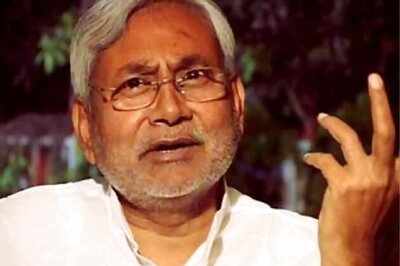
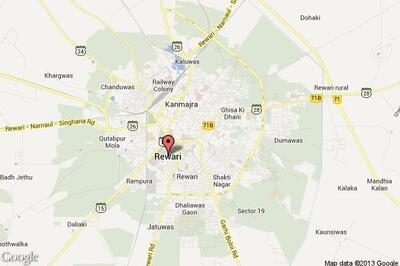




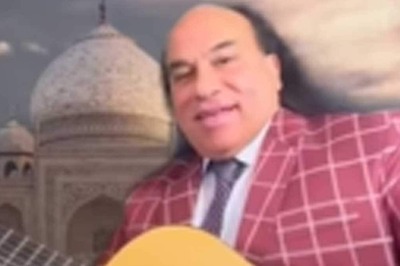
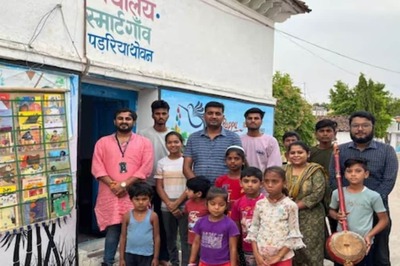
Comments
0 comment